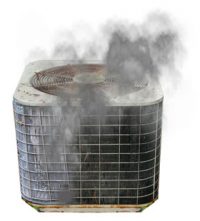Why Does My HVAC System Need a Spring Tune-Up?
You’re a homeowner and don’t want to have to worry about anything else on your upkeep list, right? You always hear commercials and see ads for HVAC maintenance. But you’re thinking ‘why does my HVAC system need a spring tune-up?’. Having your air conditioner’s components regularly checked can extend the life of your HVAC system and ensure that it is maintaining efficiency. With the climate in the Northern Virginia area, it is recommended that you have your system checked twice a year, once for a Spring Tune-Up and again for a Fall Tune-Up. Many companies offer maintenance agreements that reduce replacement part costs and place you on a schedule for timely maintenance checks. This is one of the simplest ways to keep your operating costs low and your unit’s efficiency high.
What Does a Spring Tune-Up Include?
A Spring Tune-Up takes very little time and ensures proper maintenance, allowing you to be ahead of the game if a part is beginning to fail. Taking just about an hour to clean and inspect, HVAC maintenance technicians check thermostat function, motors, electrical connections, amps and temperature, and the overall operation of your air conditioning system. Your filters should be checked and/or cleaned at this time and a glance at your refrigerant levels can proactively thwart future problems.
Easily Preventable HVAC Problems

Broken Outdoor Unit
A contactor is a switch that turns your compressor on and off. When contacts within the contactor become burned and pitted the contractor can stick closed. This results in the compressor and fan motor running continuously, even when your indoor equipment shuts off. When the fan motor and compressor run constantly, they wear faster and, left unchecked, can burn. While you can’t prevent a contactor from going bad over time, you can catch problems with it early on when the damage is minimal and the repair cost is low. A contactor, a part costing roughly $150, protects around $2,500 worth of electrical components within your system.
Capacitors, also located in your outdoor unit, provide a third leg of power to your unit’s motors (i.e: compressor, fan motor, etc.). A weak capacitor is one of the most common causes of compressor failure. When a capacitor is weak or has low tolerance ranges it causes your electrical motors to draw higher amps and deteriorates the motors over time. If the capacitor fails completely the outdoor unit will fail to start up altogether, leaving your home uncomfortable.
Refrigeration levels should be tested yearly to ensure proper cooling of your system. Electric motor windings in your compressor rely on the refrigerant to keep them cool. When refrigerant levels run low, the compressor windings overheat. Left unchecked, this will shorten the life of your compressor and can also cause your indoor coil to freeze up. When the indoor coil freezes, airflow is restricted, causing the evaporator coil to become a big block of ice. The unit will then stop cooling, leaving your home hot in warm-weather months. Eventually, the ice covering the evaporator coil will melt and overflow, causing potential damage to your flooring, circuit boards, motors and other electrical components.
Coils and filters should also be checked often. When either of these become dirty it causes the system to run longer and uses more energy. Having your coil cleaned and changing your filters frequently are easy ways to prolong the life of your system and keep energy bills low. One inch filters should be changed monthly and four inch high-efficiency media filters only need to be changed every six months.
Prep your air conditioner for Summer!
Schedule Your Spring Tune-Up
If you would like for your HVAC system to have a spring tune-up, contact us today to schedule a convenient time to have your spring maintenance inspection completed! We offer flexible scheduling for our busy Northern Virginia customers, a thorough system inspection and yearly maintenance agreements for whole-system coverage and piece of mind!
.2309121422550.png)

